Post-Lawsuit, Georgia Gives Voters Freedom To Choose Their Interpreters
Change in law strikes long-standing limits on providing assistance at the polls
Norcross, GA, April 30, 2019 — Earlier this month, Georgia Governor Brian Kemp signed House Bill 316 into law, officially eliminating a Georgia law that prohibited Limited English Proficient (LEP) voters from bringing an interpreter of their choice in assist them with voting in state and local elections.
The now defunct law, which was originally enacted in 1964, restricted LEP voters to only three choices for an interpreter in elections with no federal candidate on the ballot: another voter registered in the same precinct, a close family member, or a care provider. The law also prohibited an interpreter from assisting more than ten voters in the same election. These restrictions were inconsistent with Section 208 of the federal Voting Rights Act, which gives LEP voters the right to any interpreter of their choice, other than a representative of their employer or union, and does not limit the number of voters an interpreter can assist.
Enactment of House Bill 316 came on the heels of a lawsuit filed in November 2018 that challenged these state law restrictions on the ground that they violate federal law. The lawsuit, filed on behalf of a LEP Korean voter by Asian Americans Advancing Justice-Atlanta (Advancing Justice-Atlanta), Asian Americans Advancing Justice-Los Angeles (Advancing Justice-LA), and pro bono law firms Buckley Beal, LLP, and Alston & Bird, LLP, resulted in a swift settlement and court order that effectively blocked enforcement of the law.
House Bill 316 updates the Georgia code to officially eliminate the provisions that were already enjoined through litigation. House Bill 316 provides that in all Georgia elections, LEP voters can bring any person of their choice, other than a representative of their employer or union, a candidate on the ballot, or a family member of a candidate on the ballot, to assist them with voting. It also eliminates any limitation on the number of voters an interpreter may assist.
“House Bill 316 wipes from the books a state law that clearly violated federal law and that should never have been enacted in the first place. Even though we were able to successfully challenge this law in court, we hope that this additional step by the Georgia General Assembly helps to eliminate any confusion at the polls about who may provide language assistance to LEP voters,” said Phi Nguyen, Litigation Director of Advancing Justice-Atlanta.
